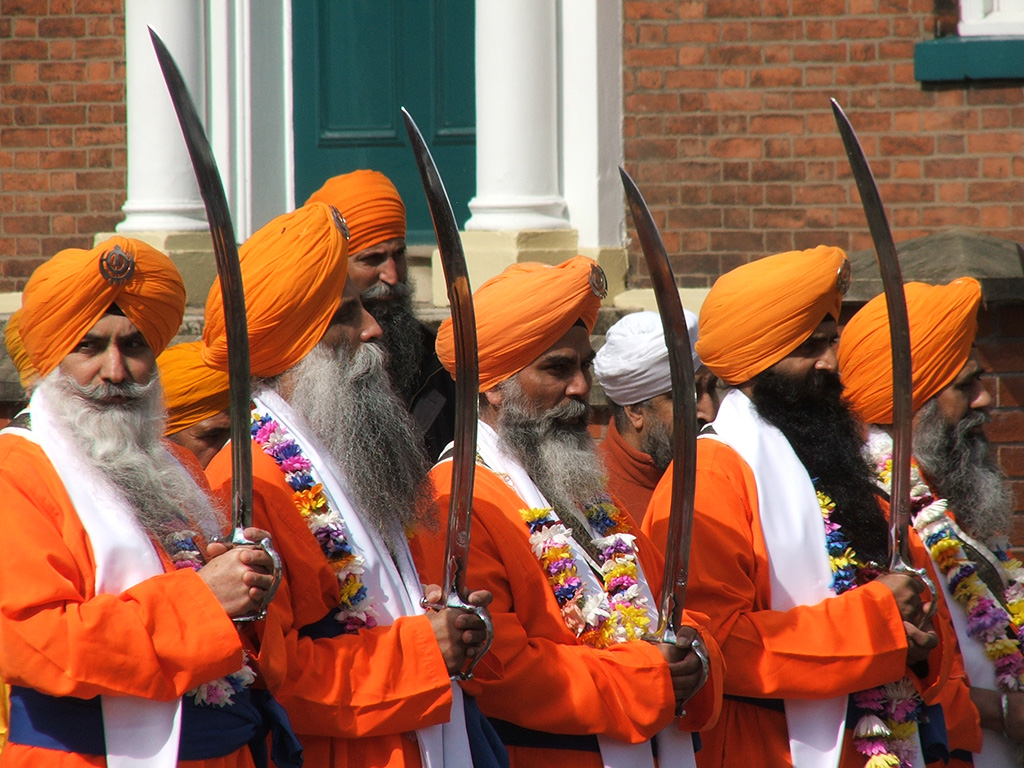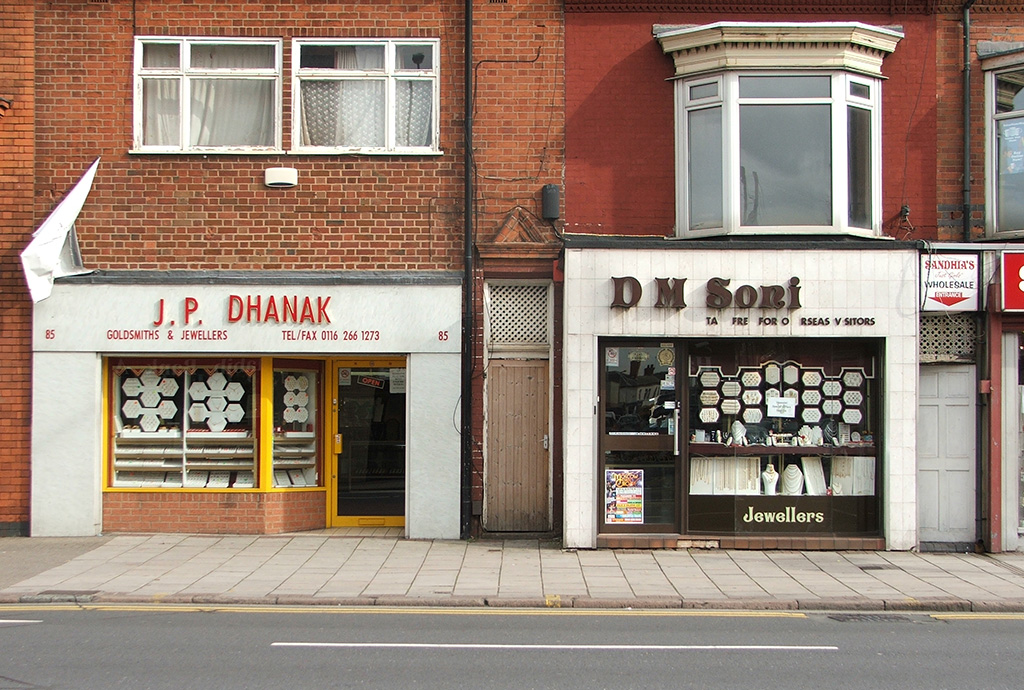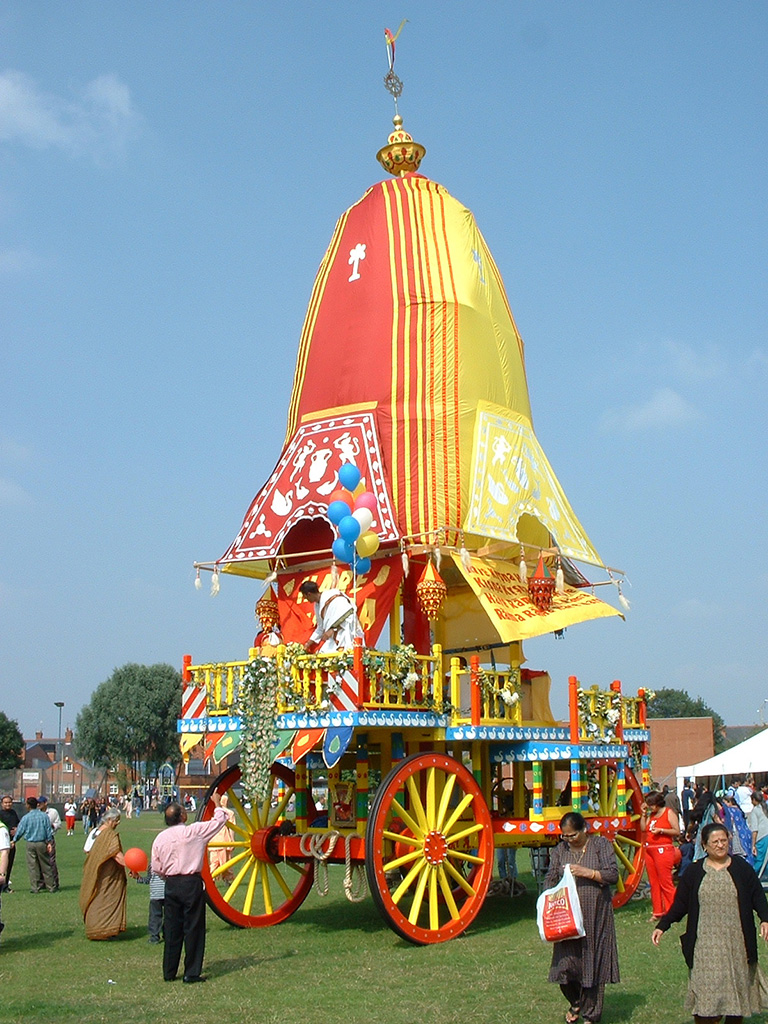Written by Huma Ahmed.
Getting the chance to study at the University of Leicester just keeps getting better! As part of my undergraduate degree studying Ancient History and History, I was able to partake in a heritage project to redesign webpages for the East Midlands Oral History Archive, or EMOHA for short. This archive preserves the oral histories of people whose stories are not heard as often as others. I specifically studied the oral histories of the South Asian community who migrated to Leicester from the 1950s onwards. Detailed within the recordings are stories of migration from Pakistan, India, and Uganda, as well how people’s lives were adjusted to meet the new world they now lived in, including food, clothing, festivals and culture.

The Anglo Asian Heritage project interviewed 30 people who were all forcibly expelled from Uganda in 1972. Stories of violence committed by the Ugandan army on the Asians living there at the time of expulsion are included. However, there are also accounts of the vibrant community of different faiths before the expulsion, which I admired. Despite their differences in faith and culture, these people formed an energetic community that supported one another.

The Belgrave Memories project focused on people who migrated to the Belgrave area of Leicester, where the famous National Space Centre is located. Here, it was interesting to hear the subtle and gradual shift from a predominantly white population to a now predominantly South Asian population living in Belgrave. The interviews focus on the moral shift in the next generation to be raised in Leicester and the struggle parents had incorporating their South Asian culture within British culture. This hit home for me as someone who was born and raised in England with parents who grew up in Pakistan. I realised the difficulty and daily challenge of parents who were watching their children grow up in an environment different to their own. After listening to the interviews, my respect for my parents and all other parents raised in another country grew immensely.
The Guru Nanak project and the Legacy of Partition project both focus on the partition of India in 1947. The Guru Nanak project is a short collection consisting of three interviews recounting the events of the partition, while the other project consists of 20 interviews. Again, this collection also hit home as someone whose families experienced first-hand the violence and chaos of the partition, and making life changing decisions of relocating to somewhere new.

As well as the Anglo-Asian Heritage project, the Uganda 40 and Leicester City Museums’ Migration Stories are other projects that were undertaken to record the oral histories of the South Asians who were forced to migrate from Uganda in August 1972 under the orders of President Idi Amin. While people were forced to leave their businesses and lives behind, this did not hinder their desires to create a new life elsewhere. It was extraordinary to research the major impact Ugandan Asians had in Leicester in terms of their fashion, food, and culture. It is more noticeable now, specifically in areas like South Highfields, Belgrave and Highfields, where the majority of the population come from a South Asian background.
This is not to say that the South Asians settling in Leicester did not get along with the British citizens. Recorded by the Belgrave Memories project, there are interviews that speak of integration in churches that led to 12 different languages being spoken at congregation. However, during the late 1970s and 1980s, there was still a sense that integration between different religions and cultures did not take place, as told in numerous interviews of what people’s lives were like as children.
Overall, taking part in this heritage project was truly an eye opener and an honour. To research the lives of people who changed the geography and history of Leicester within a short space of time truly inspired me to further my research and studies on the history of people not in the spotlight when researching aspects in history. It would be interesting, if I was to further my research, to analyse the oral histories of South Asians in different areas across the East Midlands, like Nottingham and Derby, and compare the similarities and differences in how people coped living in a new world. I thank you for taking the time to read this and I hope I have another opportunity to take part in something truly valuable. Thanks for reading!
Have a look at the page I wrote for the EMOHA website here.
Sounds for the Future is funded by the National Lottery Heritage Fund. Thank you to National Lottery Players for making this work possible.


 Subscribe to Colin Hyde's posts
Subscribe to Colin Hyde's posts